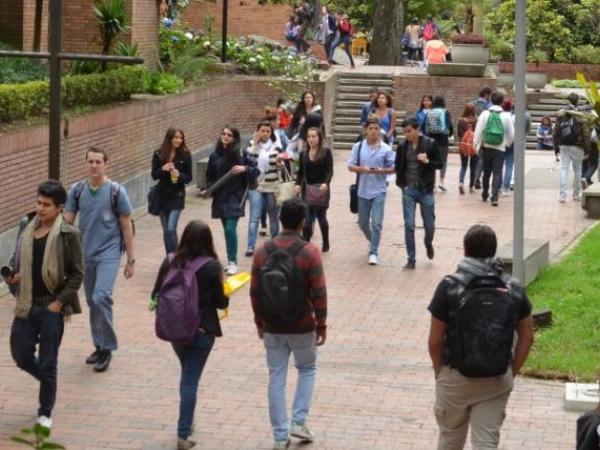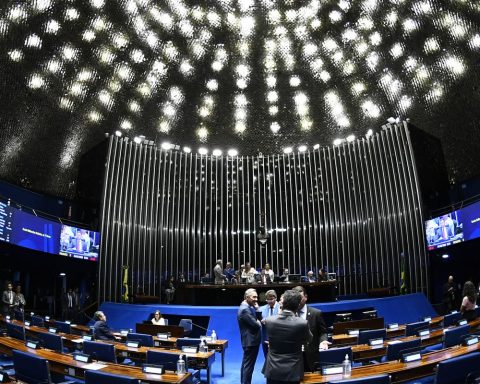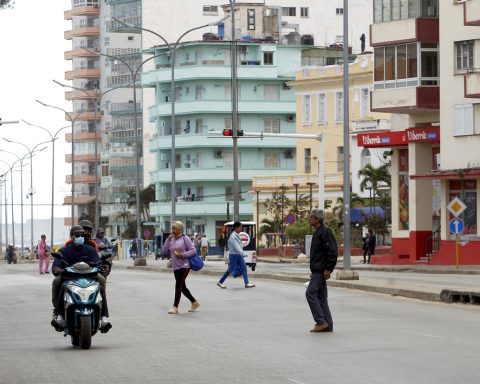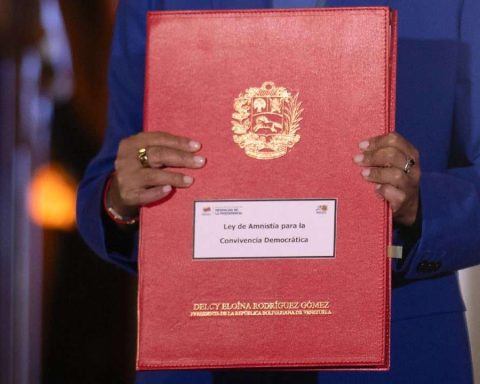Following the complaint made over the weekend by Congresswoman Catherine Juvinao, regarding a millionaire debt that the Ministry of Education would have with Icetex and with several higher education institutions in the country, in which he assured that “The national government owes more than 1 billion pesos to public universities for Zero Enrollment, and another $160,000 million in resources for their operation.“, the Mineducación issued a public statement, indicating that what was reported by the representative is not true.
Through a series of messages on their social networks, the Ministry of Education indicated that they have turned to the Institutions a total of $1.75 billion, which corresponds to 85%and indicated that the remaining balance, which is $319 billion“requires reconciliation of enrollment figures“.
In addition, they stated that for 2024, Congress initially approved a budget of $70.4 billion, an amount that was the highest in the history of the educational sector in Colombia.
“Of this total, $12.2 billion was allocated specifically to higher education and although the budget cut amounted to $70 billion and the item for higher education to $12 billion, this does not detract from the fact that the approved budget reaffirms the national government’s commitment to the key needs of the education system“, they maintained.
On the other hand, Mineducación assured, regarding the Icetex case, that it isn’t true that that wallet have removed $2.2 billion“to redirect them to the free policy. The supposed cut, of the $3.8 billion that had been assigned at the beginning of the year, does not correspond to reality“.
Multimillion-dollar debts
The Ministry also stated that there are no such multi-million dollar debts with private higher education institutions, since those directly responsible for Icetex credits are the students and their families.
(Also read: ‘There are more employed people and greater purchasing power,’ says Mintrabajo)
In the case of the program ‘Generation E’ (Duque government program, which rewarded the excellence of students and sought to enable them to access higher education), they point out that the resources “have been guaranteed with transfers amounting to $267,000 million pesos this year“.
Likewise, they indicated that the higher education resources “have been programmed in their entirety in the Annualized Cash Plan (PAC)“However, they were emphatic that The balances that have not been drawn by the Ministry of Finance and Public Credit, in this month of December, were rescheduled for January“ensuring its correct execution“.
It is false that the Government owes 1 billion pesos to higher education institutions in the country.‼️🚨
-We call not to promote false news and spread outdated or malicious information that generates anxiety among citizens, demotivation and annoyance among… pic.twitter.com/HAjYfhSjwY
— MinEducación (@Mineducacion) December 30, 2024
That said, in the statement, the Ministry also refers to the sunk financing law that the Petro government intended to carry out, stating that the resources – if said law is approved – would not be intended to cover debts for 2024.
(See more: Three million signatures are submitted for a referendum on greater regional fiscal autonomy)
“The budget approved for the period of 2024 has been drawn up and executed in its entirety. The Financing Law, which was not approved by Congress, sought precisely to guarantee additional resources to strengthen education at all levels. In the case of higher education, these resources would have made it possible to improve the income of the institutions and expand the benefits for the country’s youth.“, they pointed out.
VALENTINA DELGADILLO ABELLO
Journalist Portfolio
















